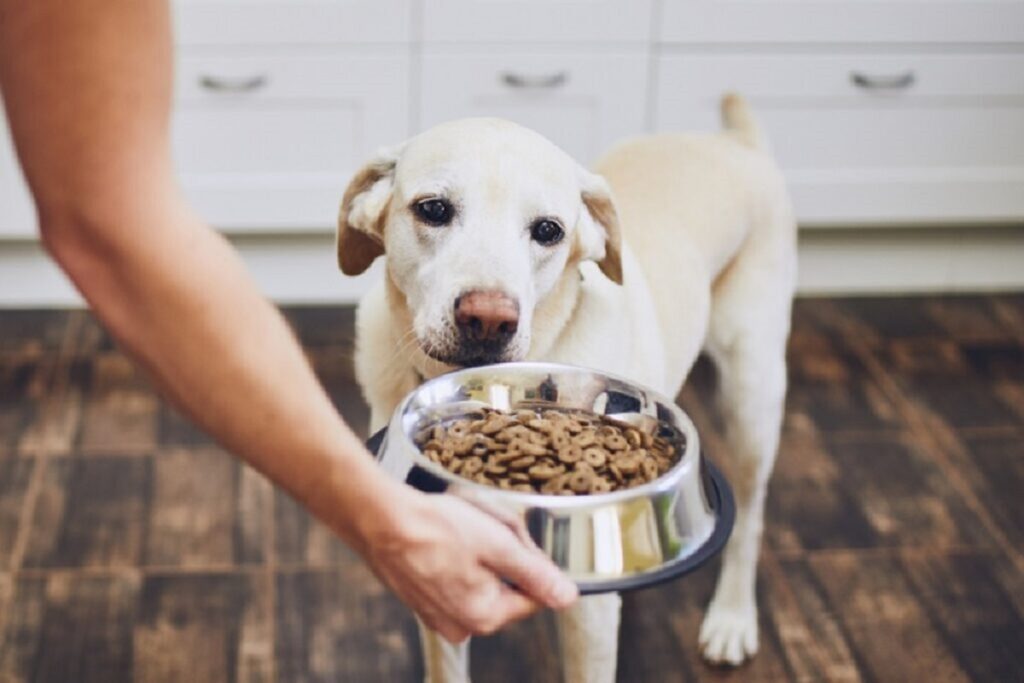For many dog owners, our furry companions are more than just pets—they are family. We go to great lengths to ensure they’re happy, healthy, and well cared for. One of the latest trends among dog lovers is preparing homemade meals for their pets, thinking it’s a way to show extra love and ensure quality nutrition. But as much as this trend comes from good intentions, some veterinarians are raising concerns about the potential risks that these homemade diets can pose to a dog’s health.
The Risks of Homemade Dog Diets
As someone who adores my own dog, a terrier mix named Sprout, I completely understand the desire to cook up something special for him. The idea of preparing meals that are tailored to his needs sounds heartwarming, doesn’t it? However, recent advice from the veterinary community has made me pause and reconsider this approach. A veterinarian I spoke with recently highlighted that while homemade meals can seem like a wonderful way to treat our pets, they may not always provide the balanced nutrition dogs need.
Dogs have very specific dietary requirements that are often difficult to meet through home-cooked meals. Unlike us, they can’t thrive on a varied diet that we might enjoy. This can lead to nutritional imbalances. What seems like a healthy, loving meal may inadvertently be causing deficiencies in vital vitamins and minerals, which are crucial for a dog’s overall health.
According to a veterinarian who shared their expertise with me, “I’ve seen cases where owners, with all the best intentions, actually made their dogs sick by feeding them homemade meals that were nutritionally inadequate. An unbalanced diet can cause gastrointestinal disorders, nutrient deficiencies, and, in severe cases, bladder stones.” This is a reality many pet owners don’t consider when they opt for homemade meals.
Tailoring Nutrition to Individual Dogs

Every dog is different, and their nutritional needs can vary greatly based on their age, size, breed, and health. For example, what’s perfect for a young, active border collie may not be appropriate for an older pug dealing with health issues. A diet consisting only of chicken and sweet potatoes might sound simple and wholesome, but it could be lacking in essential nutrients, which could lead to long-term health problems.
Variety is key when it comes to ensuring a balanced diet for your dog. But variety isn’t just about giving them different ingredients—it’s also about keeping them safe. Many foods that are completely safe for humans can be toxic to dogs. The American Kennel Club lists items such as chocolate, grapes, and onions as dangerous for dogs and advises against feeding them these foods. Therefore, it’s essential to consult a professional before introducing any new food into your pet’s diet.
The takeaway here is that while cooking a homemade meal for your dog may seem like the ultimate act of love, it’s crucial to consult with a veterinarian. They can help create a personalized feeding plan that ensures your pet is getting all the essential nutrients they need to remain healthy and happy. The goal, after all, is to make sure those wagging tails keep going for as long as possible.






